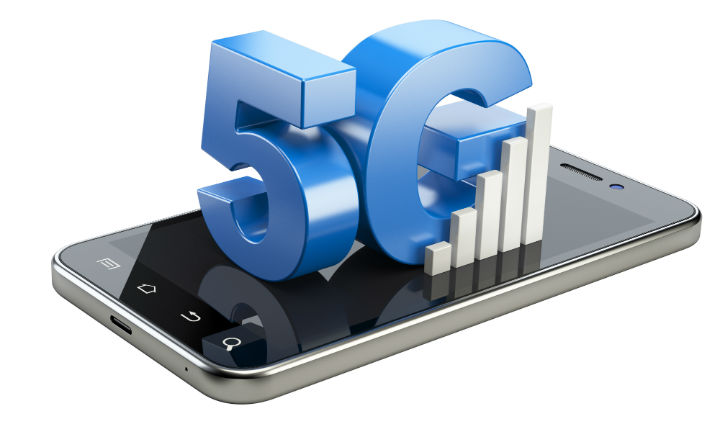The GSMA Intelligence today predicted that the socio-economic impact of 5G will be $2.2 trillion over the next 15 years, with key sectors such as manufacturing, utilities and professional/financial services benefiting the most from the new technology.
The body, which represents the interests of mobile operators worldwide, uniting more than 750 operators with over 350 companies in the broader mobile ecosystem, added that, by 2025, 5G is also forecast to account for around 30 per cent of connections in markets such as China and Europe, and around half of the total in the US.
“This is a crucial time in the development of 5G. Spectrum is essential fuel for mobile networks and its ineffective use will only lead to bad consequences for consumers. The most important objective of awarding frequencies should not be about making the most money, but rather about ensuring consumers benefit from the best mobile connectivity,” said Brett Tarnutzer, Head of Spectrum, GSMA.
Timely, fair and effective spectrum awards are key to delivering the full potential of 5G. Early movers include Finland, Italy, Spain, South Korea, United Arab Emirates, and the United Kingdom who became amongst the first to award 5G spectrum last year. The number of countries who have assigned vital 5G spectrum is rapidly increasing this year, with Austria, Canada, Denmark, Germany, Hong Kong, Japan, Saudi Arabia, Switzerland and the USA is already completing awards. More than 10 countries have announced further plans to assign spectrum in 2019 including France, India, Mexico, Greece and Romania.

